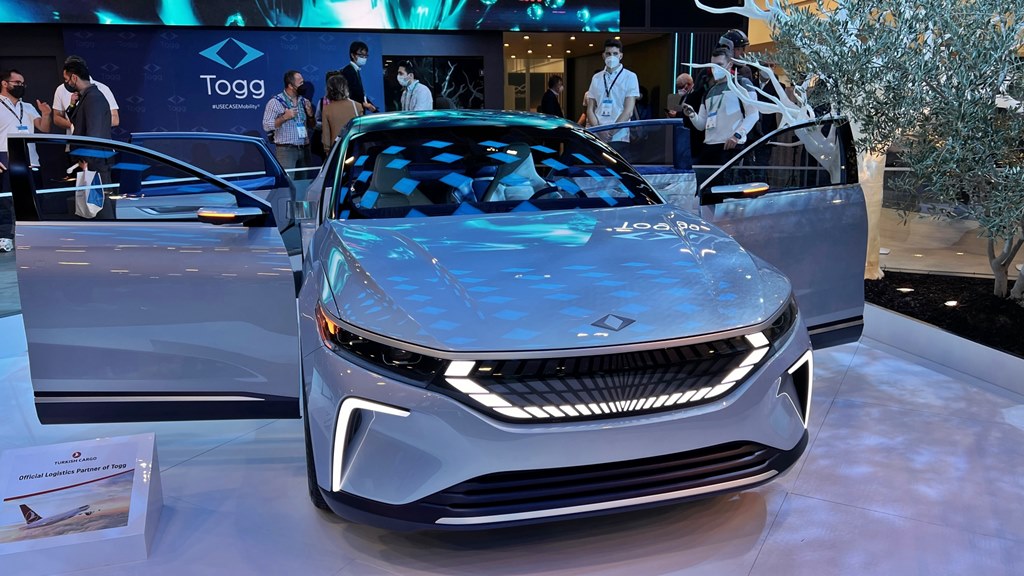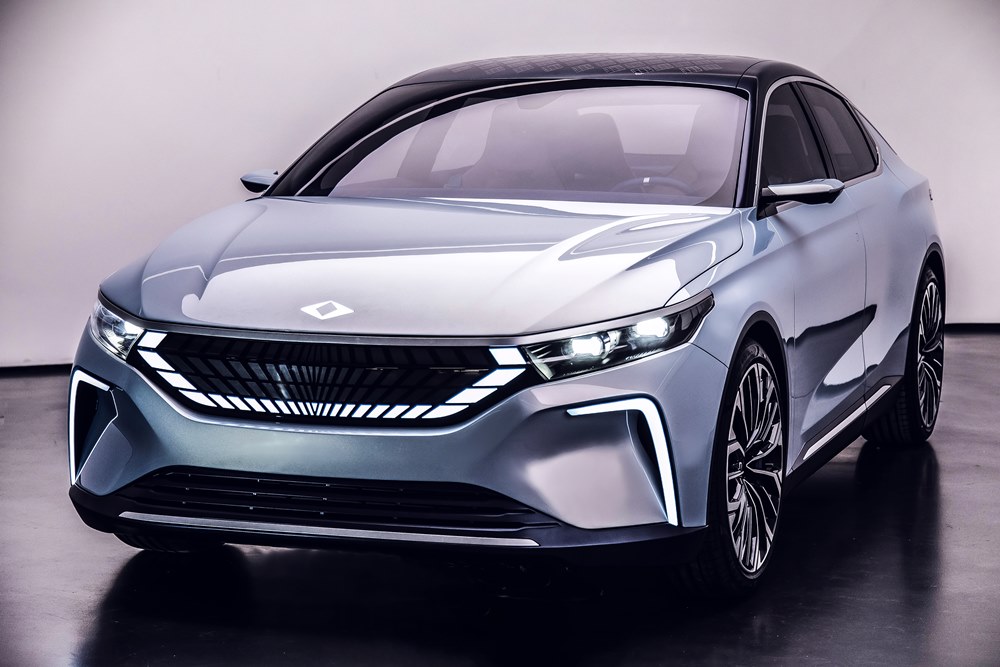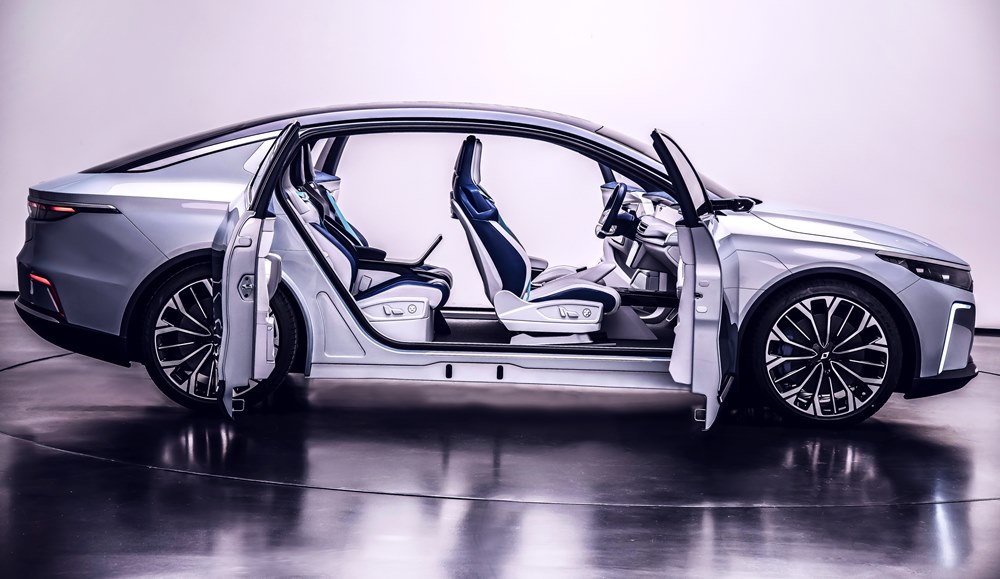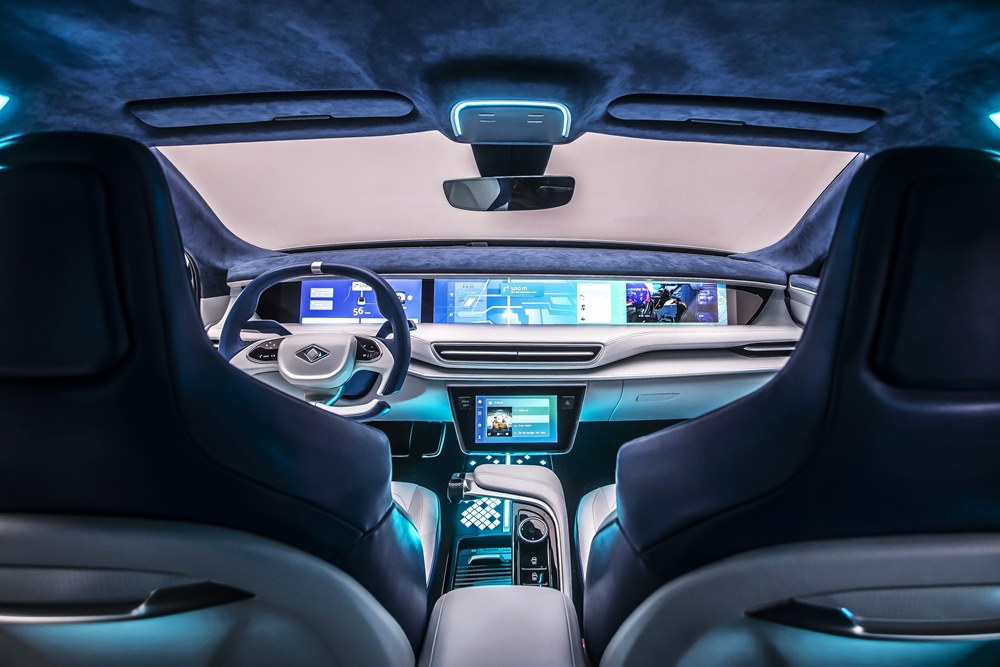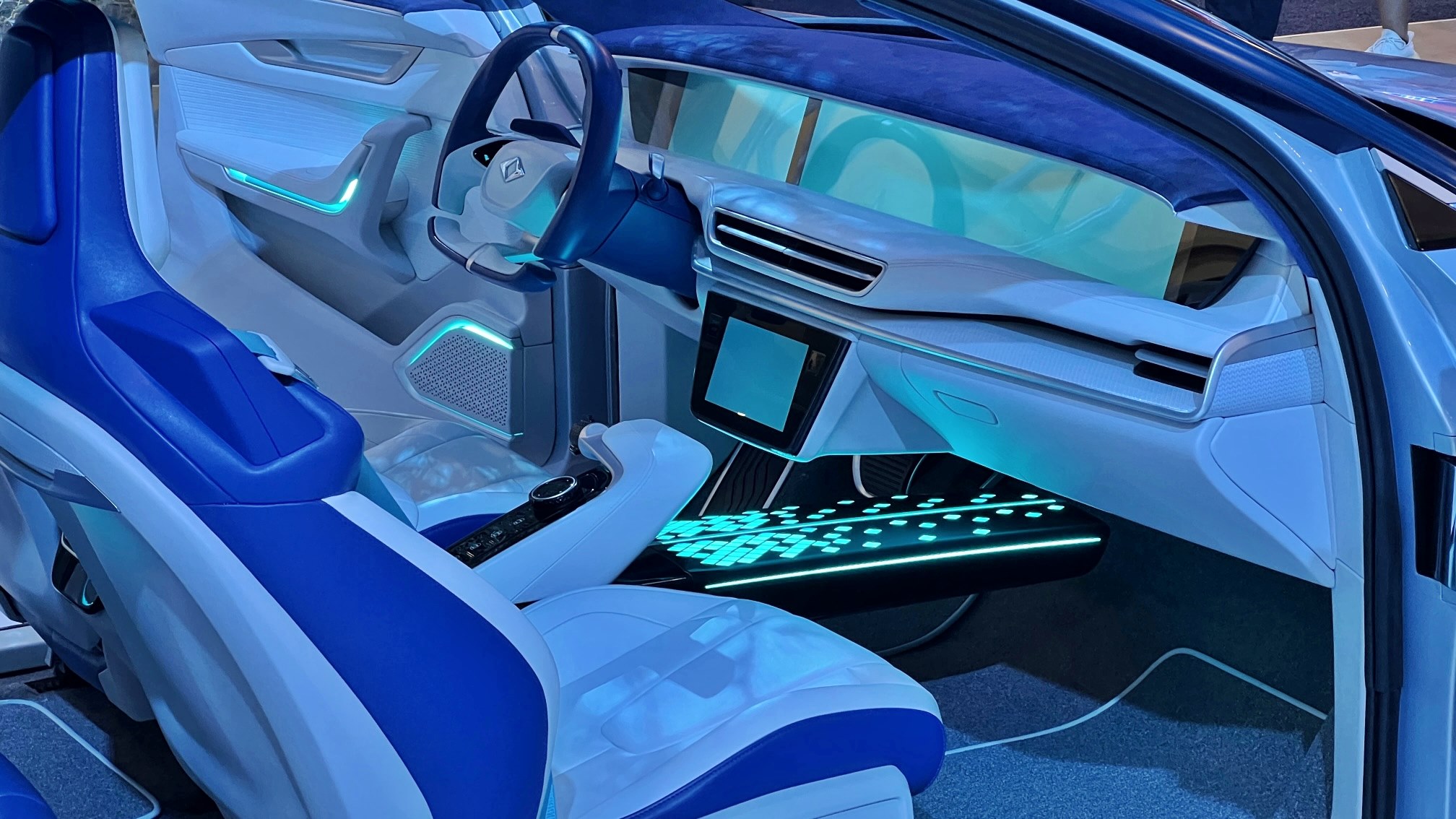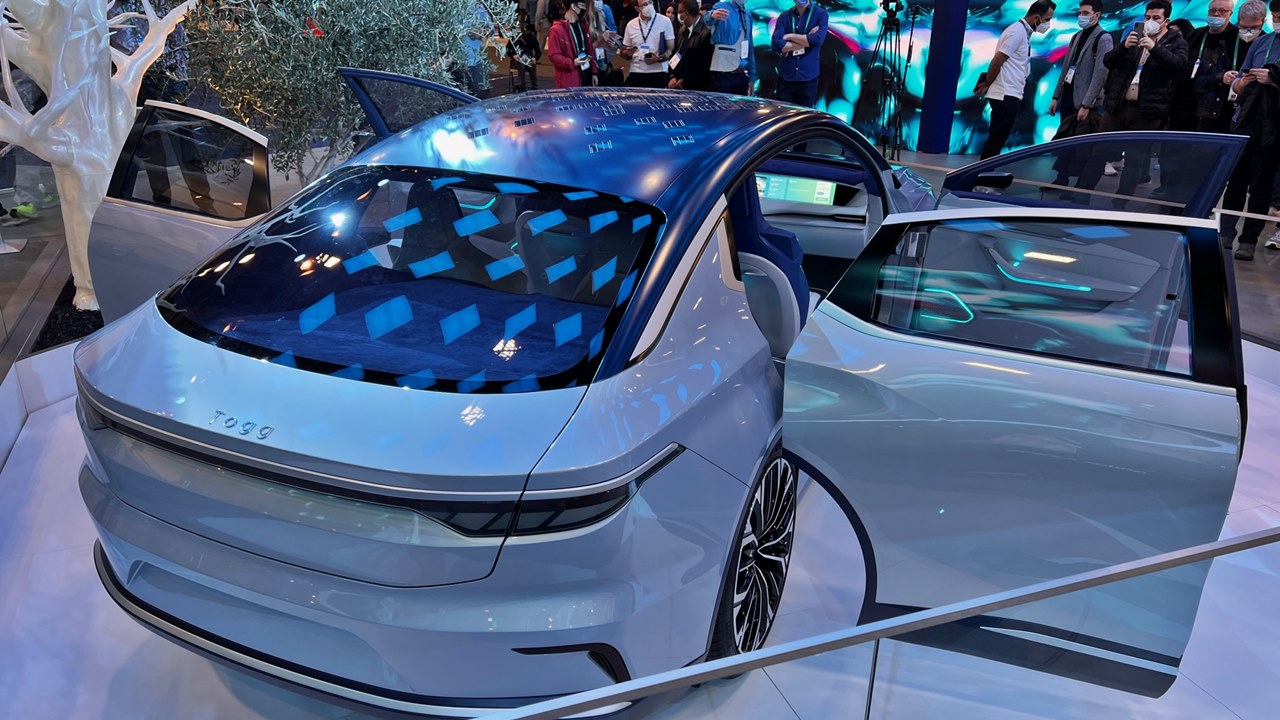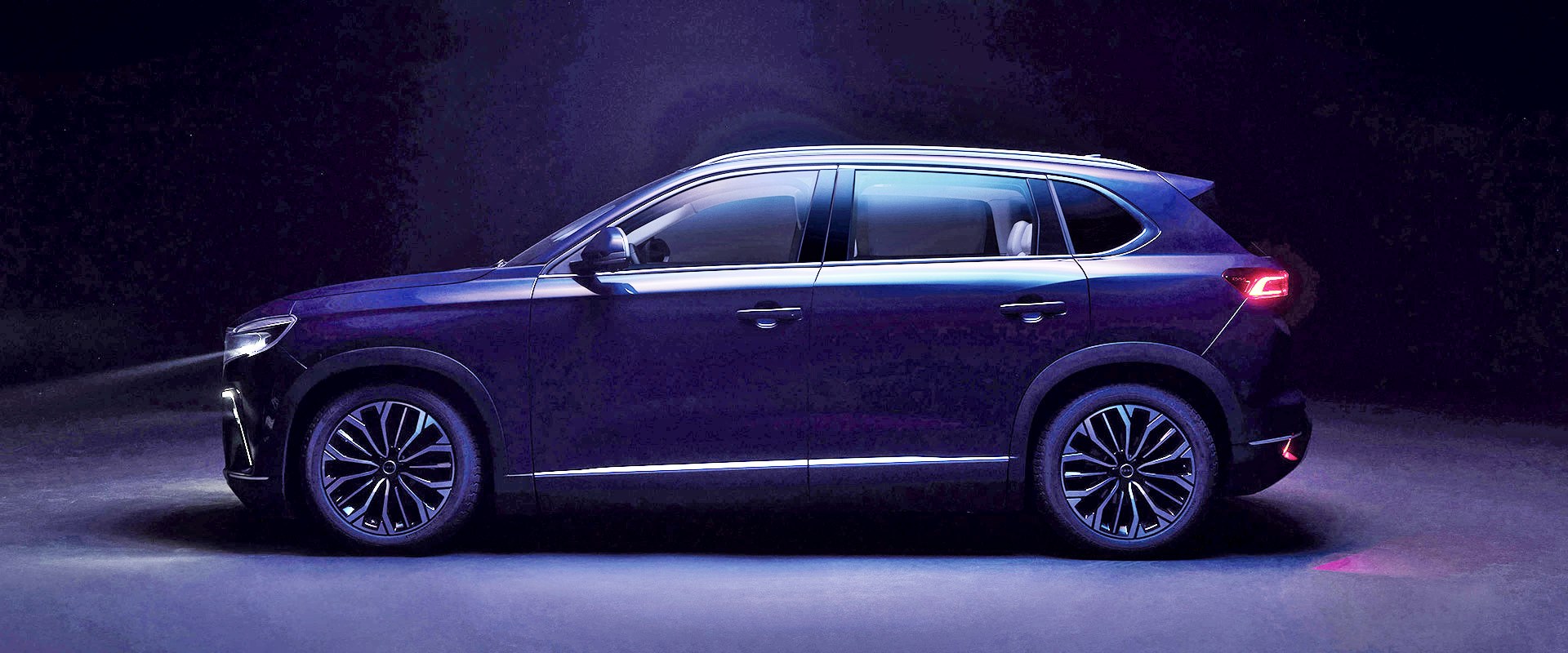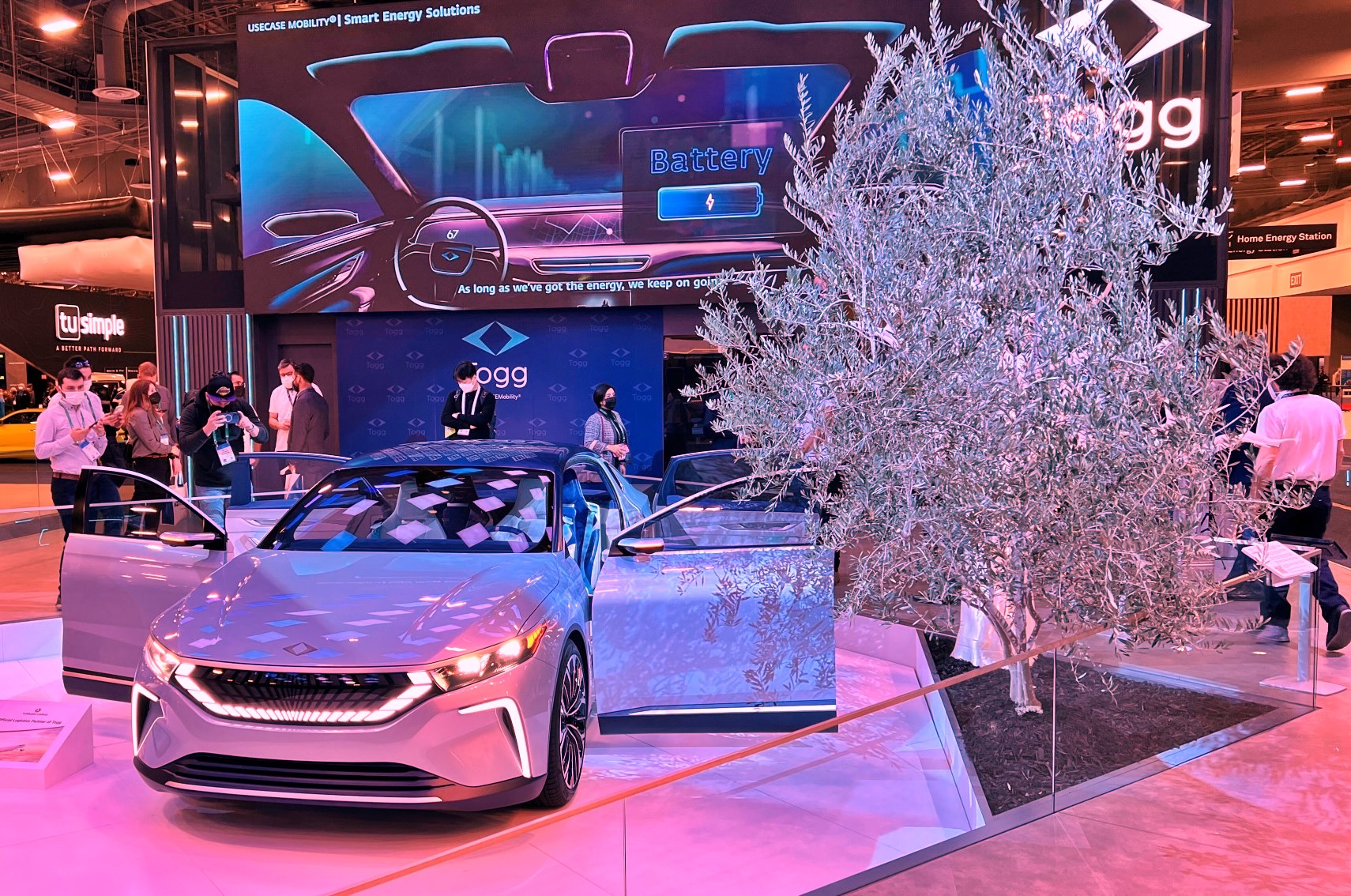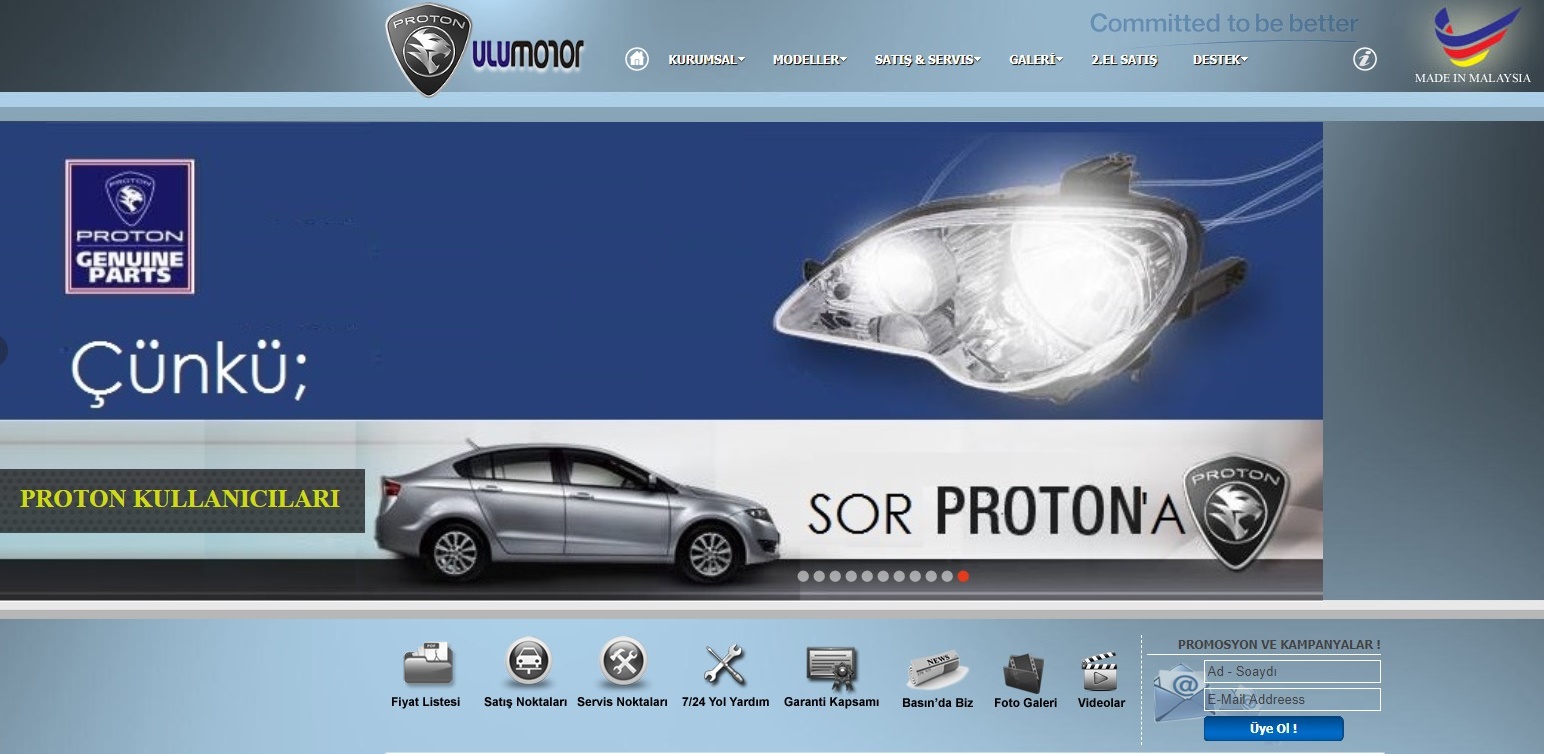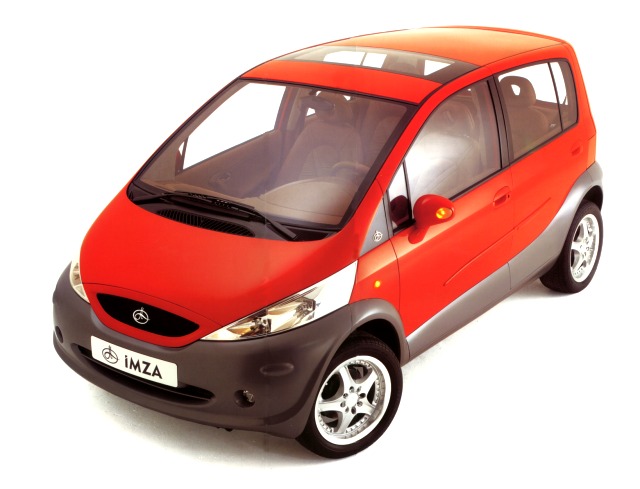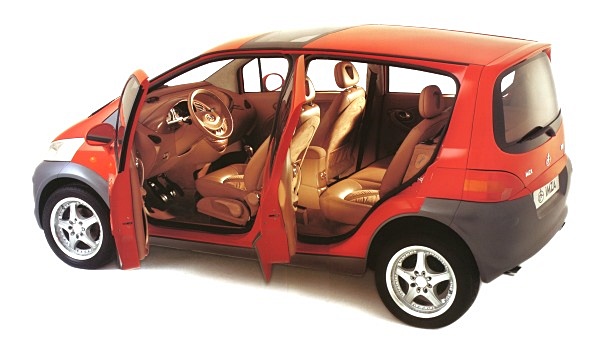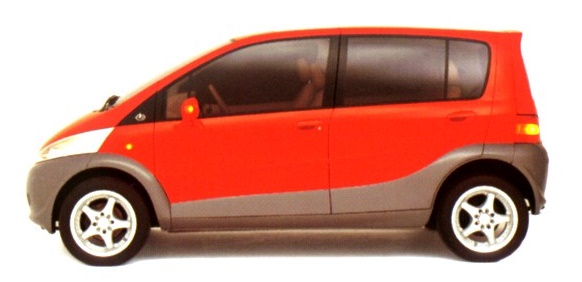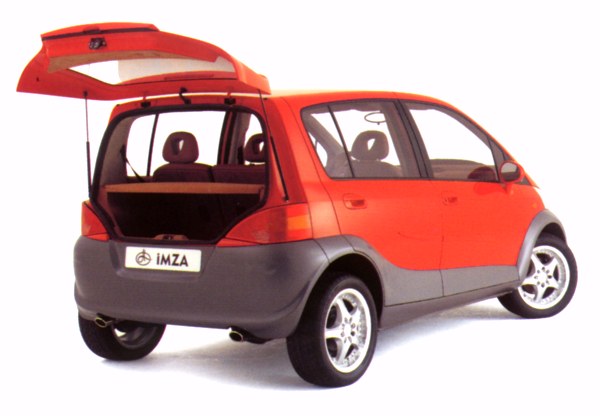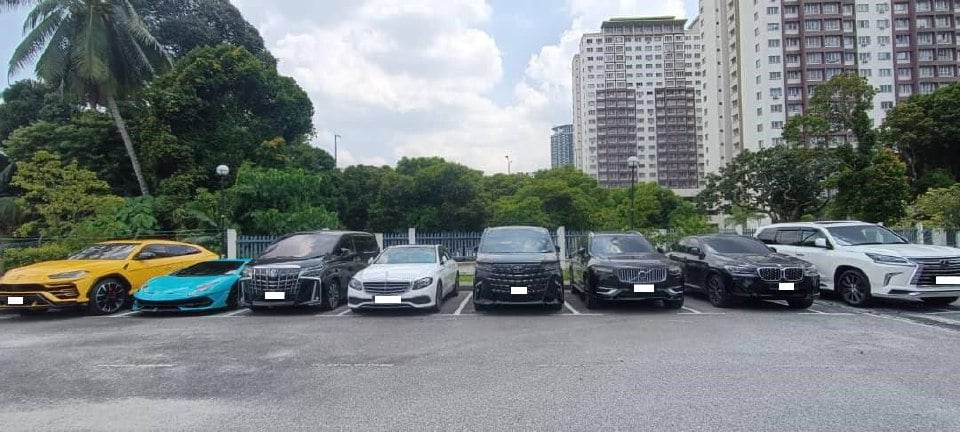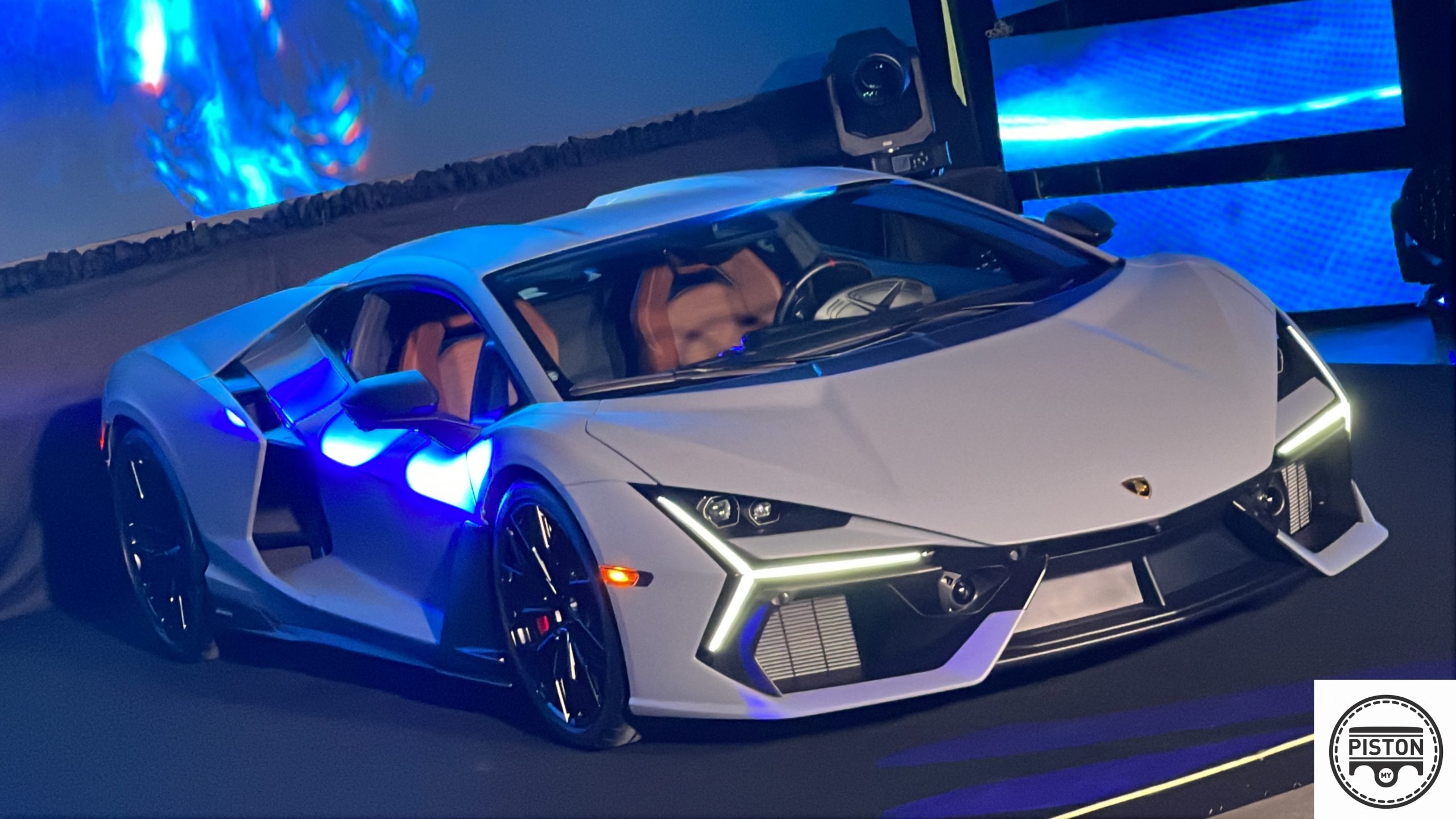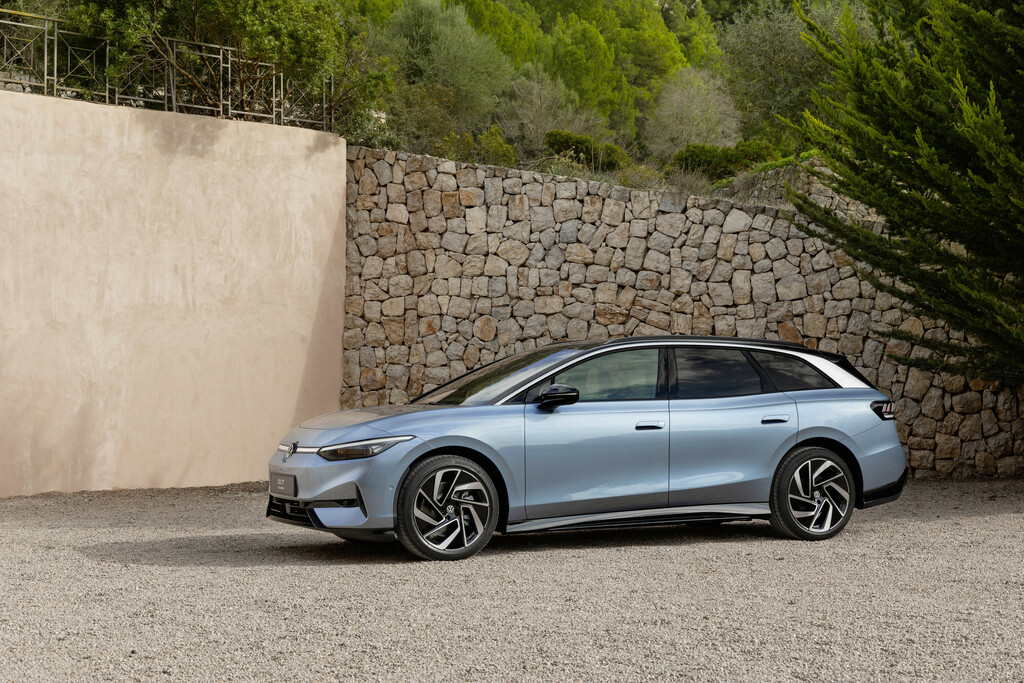In the 20th century, becoming a significant player in the auto industry required experience and staying power to withstand the cyclical nature of the industry. From the time of the world’s first car by Karl Benz, hundreds of individuals and companies have come and gone in their attempts to establish themselves, only the fittest and strongest making it through the decades to today.
But in the 21st century, the game has changed and long experience is not necessarily required. The products are changing and instead of ‘transport’, ‘mobility’ is the catchword today. Numerous start-ups have appeared in the industry in the past 20 years, offering a new generation of vehicles, mostly running on electricity. Though fragmented in one sense, they pose a challenge to the established brands which have resources but are hampered by their size when it comes to charting new courses forward.
The best example of these newcomers is Tesla, just 17 years old and, in 2021, Kantar BrandZ found it to be the most valuable and fastest growing auto brand on the planet, more than trebling its value from 2020. And its co-founder, Elon Musk, became the richest person in the world with a US$278 billion net worth at the end of 2021.
Others are obviously inspired by such success and in Turkey, M. Gurcan Karakas has started a company that is not a traditional automobile manufacturer but will enter the auto industry with differentiated approach as a technology brand focused on mobility. Introducing his 3-year old company, Togg, at CES 2022 this week, Gurcan Karakas said: “The transformation that occurred in the mobilephone industry in response to changing user expectations is occurring in the automotive industry today. More agile, creative, collaborative, user-centric organizations, not necessarily the big and established brands, will be the most successful in the near future. The race in this field is just beginning, and we are in this race. Moreover, we have a significant advantage because we were born into this world.”
Togg aims to serve as the backbone of the Turkish mobility ecosystem with 100% Turkish intellectual and industrial property. It will be Europe’s first non-classical born electric SUV manufacturer when it begins production in Gemlik later this year, rolling out electric and connected next-generation vehicles and a mobility ecosystem to support them. By the end of this decade, the company expects to be producing a million vehicles in 5 different segments.
“By the end of 2022, we will launch our first mass production vehicle,” said Gurkan Karakas. “Our first vehicle in the C-segment, an SUV, will be launched in the first quarter of 2023 following the completion of homologation tests. It will be the first electric SUV produced in continental Europe by a non-traditional manufacturer. A C-segment sedan and a C-segment hatchback will then enter production. With the addition of the B-SUV and C-MPV to the family in the coming years, our product range will be completed with 5 models sharing the same DNA and same platform.”
Referring to its model shown at CES 2022 as a ‘smart device’, the car has a dynamic fastback form that introduces Togg’s styling DNA. The basis of the car’s styling concept is the muscular rear design and the shoulderline that extends from the headlights to the rear, presenting a strong side profile.
Togg’s team sought to retain the company’s Turkish origins while creating a global brand. The car’s illuminated Togg logo is said to represent the unification of Eastern and Western cultures. “The two arrows in the logo design represent the fusion of East and West, forming a gemstone in the center. The duality theme in our logo encourages us to strive for a rational and emotional balance between East and West in both exterior and interior design. Additionally, our logo emphasizes that Togg is a technology company that connects technology and people at the juncture of today and tomorrow through its life-improving mobility solutions,” Gurkan Karakas explained.
Gemlik, the home of Togg located 128 kms south of Istanbul, is a world leader in olive production. By establishing what is claimed to be Europe’s cleanest production facility, Togg aims to ensure that the centuries-old olive trees in the city continue to thrive for thousands of years. This ambition was presented at CES by a real olive tree – with a lifespan of over 1,000 years – planted alongside a 3D-printed olive tree made from recycled plastic, created in 1001 hours.


